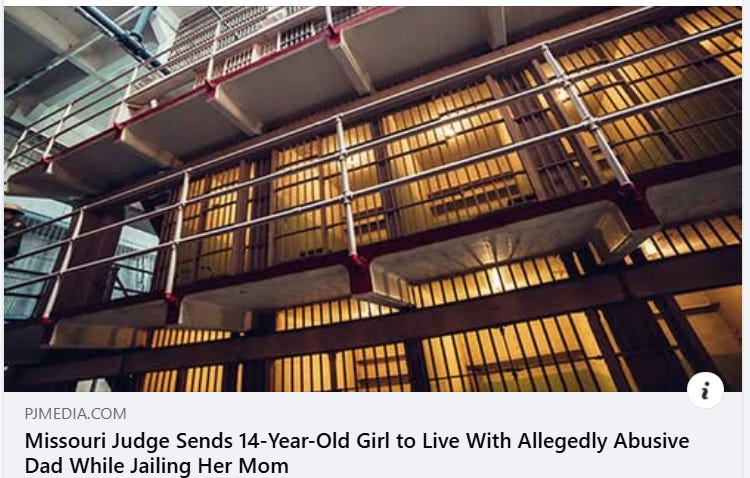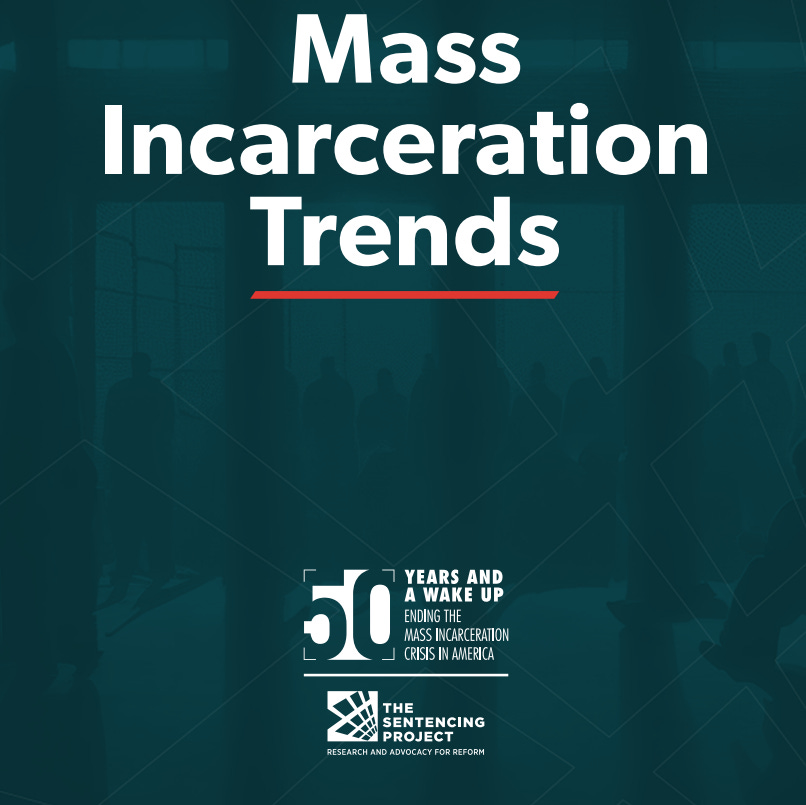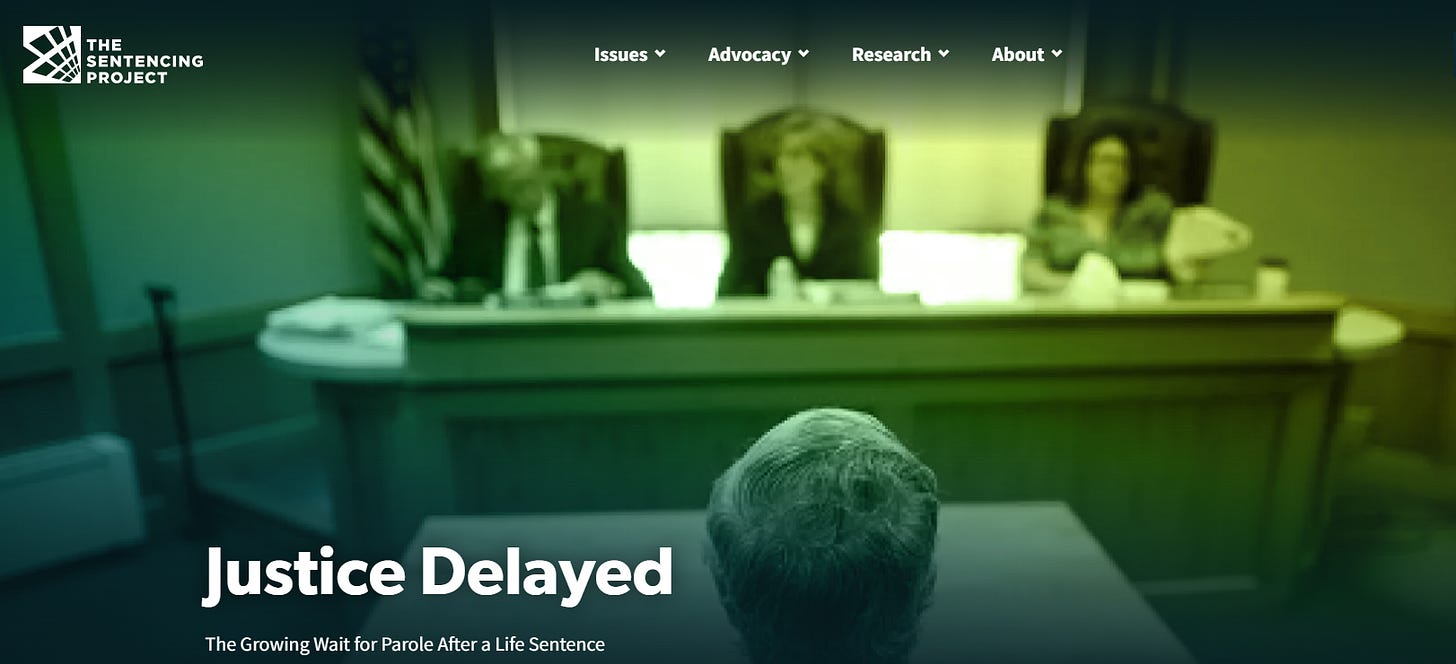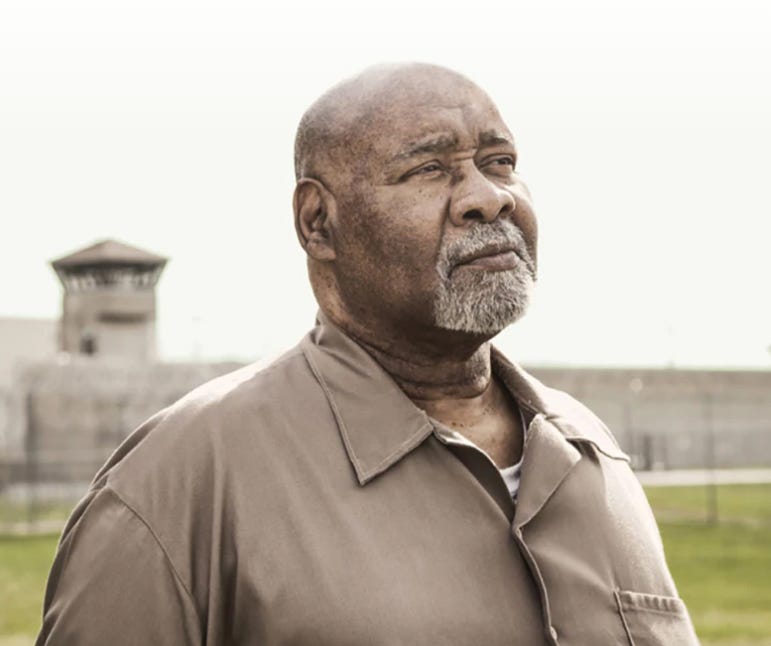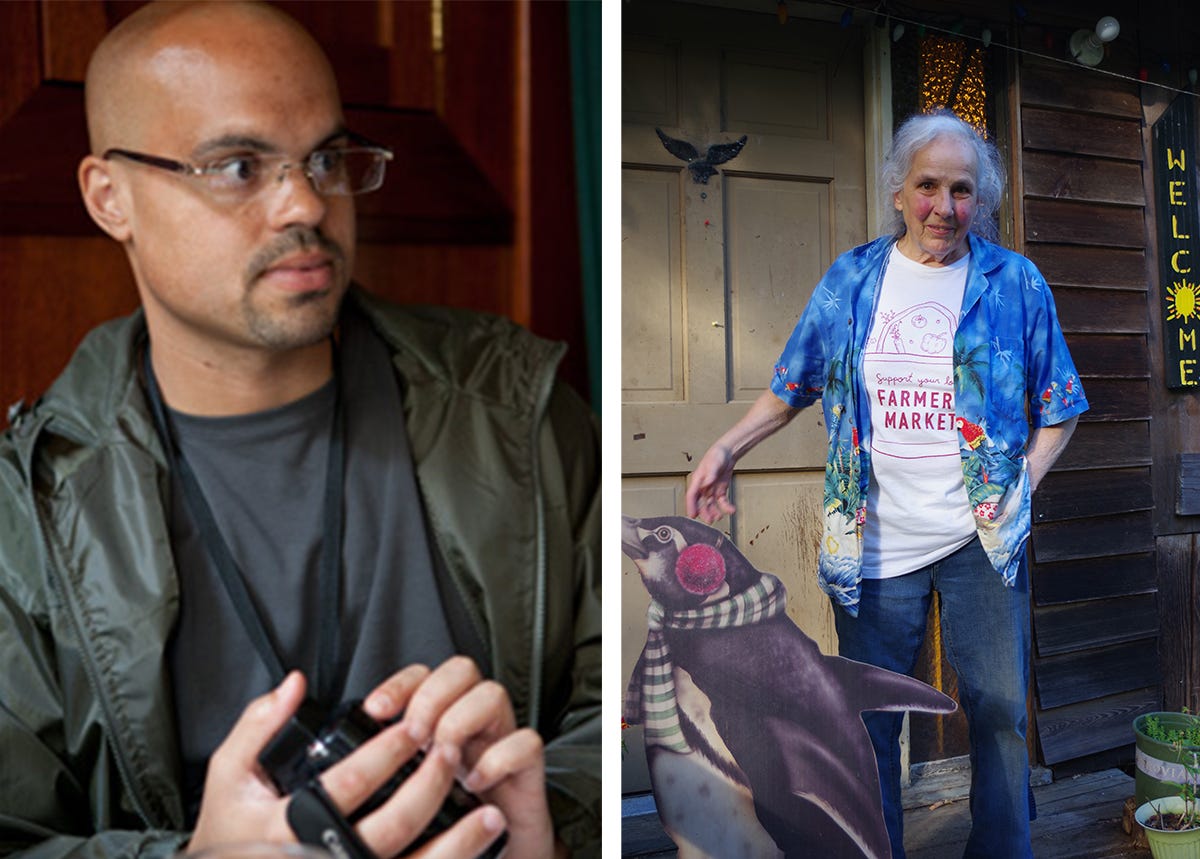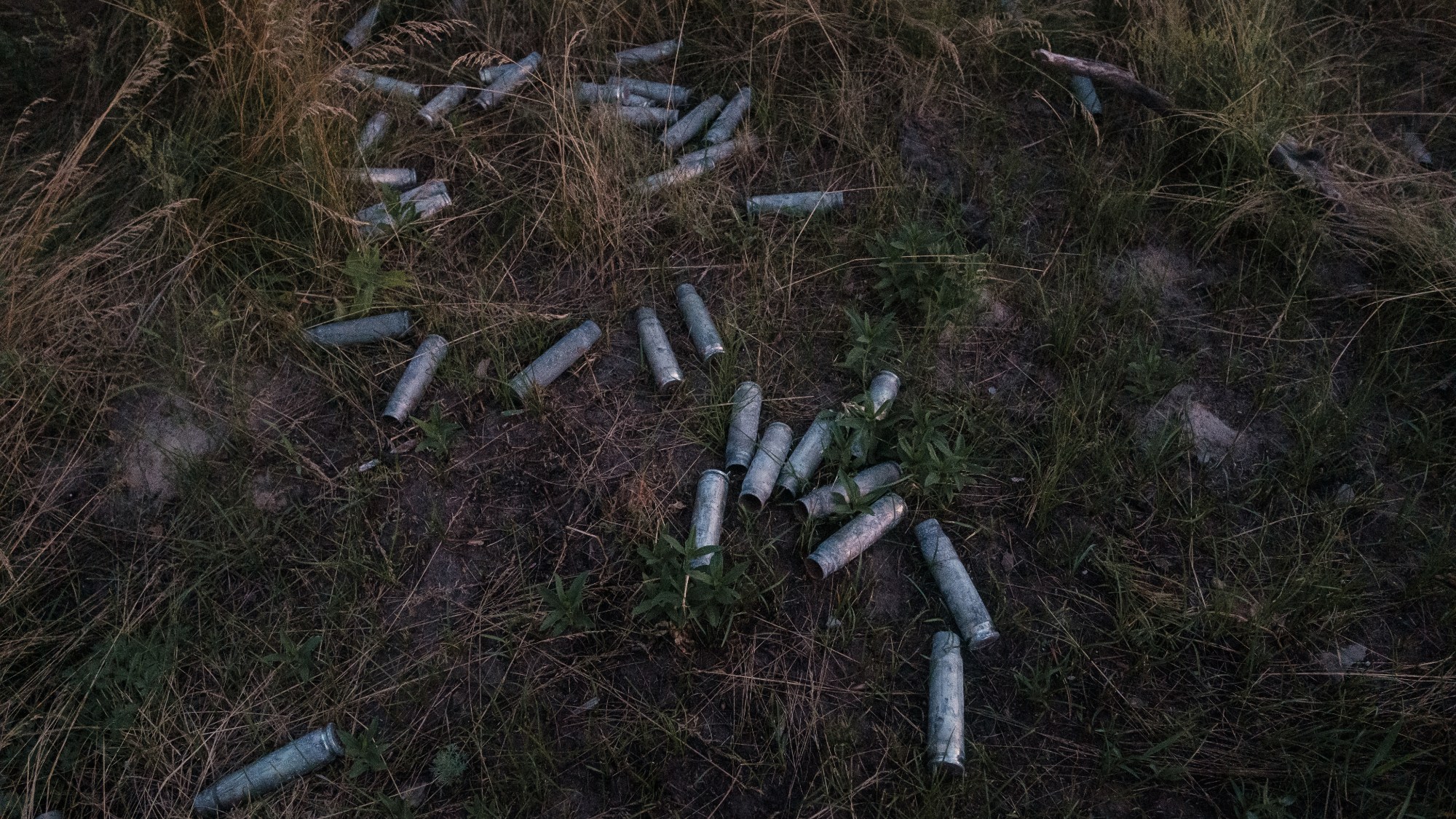A dozen or more masked men, some with long guns, tried to enter a men’s homeless shelter without identifying themselves in a rural town with a long-standing immigrant community on eastern Long Island in New York. Officials from the local police department later admitted they didn’t know where the masked men came from — only adding to local residents’ concerns.
At the same time, 50 miles to the west, six unmarked cars with masked agents from U.S. Immigrations and Customs Enforcement, or ICE, parked within hundreds of feet of an elementary school in a working-class town with a large Latino population. In response, a group of residents gathered to shame the agents, accusing the agents with ICE’s Homeland Security Investigations, or HSI, of lying in wait to snatch the parents of students when school let out.
The Long Island communities in New York City’s suburbs are the latest to be wracked by chaos as the Trump administration ramps up large-scale deportation operations. ICE raids using a hodgepodge of masked federal agents and varying degrees of assistance from local law enforcement agencies are escalating as part of the raids — leaving local immigrants in fear and other residents enraged.
On Long Island, the two federal raids on Tuesday saw emergency communiqués from schools to parents, incorrect information distributed to area media by local authorities, a confrontation with angry demonstrators, and a car accident.
Last week, top ICE officials ordered officers to increase arrests and to get “creative” in their methods, including trying to nab people the officers happen to encounter in what are known as “collateral arrests.” The orders come in the wake of Homeland Security Secretary Kristi Noem and White House deputy chief of staff Stephen Miller setting a quota of 3,000 immigration arrests per day, along with a sharp rise in protests against the crackdown.
“No Son Padres Ustedes?”
Late Tuesday morning in Westbury, in western Nassau County, parents and nearby residents noticed what they immediately recognized as unmarked federal agent vehicles parked within feet of Park Avenue Elementary School, two eyewitnesses told The Intercept. One of those residents, Allan Oscar Sorto, picked up his phone and began streaming live on Facebook.
As he streamed, a dozen or so people began congregating near the cars, two Nissan Altimas and several Ford SUVs with flashers. People can be heard explaining that they’ve seen these cars around the neighborhood in recent weeks, part of immigration raids. Now the sight of the cars parked so close to the elementary school seemed to spark heightened outrage and fear that federal immigration agents were lurking to surprise parents going to pick up their children from school.
Sorto, from nearby Hempstead, estimated that there were four cars near the school, some within 10 feet of the schoolyard fence, and two other cars on the next block. Another eyewitness, who asked not to be named out of fear of law enforcement retaliation, told The Intercept that he could see uniformed HSI agents sitting in all the cars, most masked.
“No son padres ustedes?” a woman in the video says to the closed window of one of the parked Nissans: “Are you not parents?”
People on the sidewalk yelled at the cars in Spanish and English. “Show your face!” “You feel proud?” “None of us are criminals, we work, we pay taxes like you do.” “Leave the school grounds!”
The Westbury residents’ fears seemed well-founded, considering reports from around the country. In California, ICE agents arrested and detained a fourth grader, separating the boy from his father; they were both deported to Honduras. Alberto Carvalho, superintendent of the Los Angeles Unified School District, said DHS agents lied to school principals that they had permission from children’s parents to gain access to schools.
The Car Crash
In Westbury, the HSI agents didn’t respond to the gathered crowd. After a few minutes, the agents drove away. A commotion erupted down the road, off-camera, and onlookers began rushing toward the corner.
One of the Nissans, carrying two of the HSI agents, had crashed into a black pickup truck that happened to be passing through the intersection. Three eyewitnesses told The Intercept that the agents’ car had sped away. Two of the witnesses believe the Nissan blew a stop sign, causing the crash. (Nassau County police referred questions about the accident to ICE, which did not respond to an inquiry.)
After the accident, the crowd gathered around the scene, according to the video stream. The two agents got out of the crashed car, seemingly panicked and, witnesses told The Intercept, appearing to avoid eye contact with bystanders. The agents got into another HSI vehicle.
A third agent, an unmasked man with a black polo shirt covering his tactical vest, stood near the crashed car, remaining stoic as people questioned him on the livestream.
“You’re looking for criminals in the school?” one bystander asked, as the agent remained expressionless.
Then Sorto, the man streaming, said, “I’m a dad, I have a son waiting for me at home.” The agent gave a slight nod — what Sorto said was the only response to the crowd during the incident.
“You guys need to have feelings, man,” Sorto said.
Nassau County police began arriving in short order, eventually swelling to at least two dozen officers, some on horseback, closing the street and barricading residents onto sidewalks.
Nassau County Police Department, located in one of the country’s safest countries, is one of the most well-funded departments in the nation, with a notoriously opaque transparency record. In March, the department signed a controversial agreement with ICE giving deputized county police officers the ability to interrogate people about their immigration status and make arrests without a warrant.
During the Westbury incident, one of the HSI agents, wearing a mask, stood hidden behind several Nassau police officers as the residents appealed to them for information.
Soon, the federal agents left, leaving the smashed Nissan with the passenger side airbag deployed behind, and many in the crowd dispersed.
The driver of the pickup truck involved in the accident was placed in a stretcher and left in an ambulance. (Neither the police nor ICE offered information on the driver’s identity or condition in response to inquiries from The Intercept.)
“Now you’re clogging up the street and people have to work,” one of the remaining bystanders can be heard to say during the stream. “How is this making America great again?”
Fear Grips Nassau
Late Tuesday night, Park Avenue Elementary School took an unprecedented step that reflected the fear in Westbury.
“We want to inform you that due to an incident that occurred near the school vicinity today, we will be providing transportation home for all students who are typically walkers,” the principal, Robert Chambers, wrote in a message to the school community relayed in English and Spanish. “This is being done out of an abundance of caution to ensure the safety and well-being of all our students.”
Sorto told The Intercept he had family members who were too afraid to send their children to school the next day. (Park Avenue Elementary did not respond to a request for comment.)
The Long Island newspaper Newsday first reported the Westbury incident with a quote from Nassau County police that the action was not immigration-related and that the agents were not working for ICE on Tuesday afternoon.
Late Tuesday, however, an ICE spokesperson issued a statement that contradicted the Nassau police.
“ICE Homeland Security Investigations Long Island personnel were conducting an operation associated to an ongoing federal investigation,” the statement said. “During the operation special agents were confronted by multiple anti-law enforcement agitators, which prohibited the enforcement action. ICE HSI personnel departed the location and, shortly thereafter, a member of the law enforcement team was involved in a motor-vehicle collision.”
News 12, a local TV station, went back to local authorities for clarification, and police replied that “the agents on scene identified themselves to Nassau police as Homeland Security Investigations, or HSI, agents and not as ICE.”
Homeland Security Investigations is one of two divisions at ICE. While Enforcement and Removal Operations, or ERO, enforces civil immigration matters, HSI is tasked with investigating transitional crimes. HSI’s enforcement is not limited to undocumented immigrants, but its investigations and operations, including workplace raids, frequently touch upon immigration matters.
In responses to ICE’s allegation that residents were the ones creating chaos, Sorto denied that the residents on hand were agitators.
“We just are people that got together as community because we saw the cars outside the school,” he told The Intercept. “But we don’t belong to any group or anything. We just are good and hard-working people that want to have a regular life like anybody else.”
Homeless Shelter Raid
As the chaos erupted in Westbury, another alarming scene was unfolding an hour to the east, in Riverhead, on the outskirts of the New York City suburbs. A group of suspected ICE agents could be seen staging their vehicles in the Riverhead Fire Department parking lot, according to video and photographs shared with The Intercept by a community advocacy group.
A week earlier, ICE raids using another Long Island fire department sparked outrage in the community. The fire department subsequently issued a statement that fire officials were not previously informed that ICE would be using their parking lot.
Several hours after the men were seen at the Riverhead Fire Department, they were spotted again. Twelve to 14 of the masked men, some reportedly carrying long guns, were trying to get into a Riverhead men’s homeless shelter, according to a video shared by several immigrant advocates in the area. They would not identify themselves, a shelter employee told local news outlet RiverheadLOCAL.
A shelter resident told RiverheadLOCAL that one of the men, wearing a black U.S. Marshals vest, came to the front door seeking entry but would neither show credentials or a warrant, nor give his name. (A representative for the shelter did not respond to inquiries.)
A representative for the Riverhead Fire Department told The Intercept,
“We had no idea who they were.”
In the East End towns of Long Island, where the rich enclaves of the Hamptons coexist alongside working agricultural communities, authorities have largely opposed helping ICE operations. Riverhead Town Supervisor Tom Hubbard, for example, said in January that town police would not get involved in immigration enforcement, and the majority-Hispanic Riverhead School District also sent a strong message that it would resist unlawful actions by immigration authorities at schools.
The president of an Eastern Suffolk BIPOC advocacy group told The Intercept that a network of immigrants’ advocates have been closely monitoring the activities of ICE in the area. She believes the Riverhead police were mistaken that the agents at the shelter were not affiliated with ICE.
“I have received information indicating that ICE’s New York City Field Office is actively investigating immigration-related offenses across Long Island and the lower Hudson Valley,” Marylin Winter, of the group the African American Educational Cultural Festival, said. (Neither the Riverhead town supervisor nor Riverhead police returned requests for comment.)
Winter said her group plans to disseminate “know your rights” material for immigrants.
“We are resolute in our opposition to the illegal enforcement of immigration without a judicial warrant, asserting that no arrest should occur under such circumstances,” she said. “Our commitment extends to ensuring that the innocent, particularly children and their families, are fully aware of their legal rights.”
Meanwhile, the confusion around ICE actions on Long Island continued. One Wednesday morning, Glen Cove city police, a small local force in Nassau County, responded to a call from a business owner about a possible assault, according to local media reports. When the police arrived, however, they found ICE officers holding a group of men on the ground.
Following the outburst of opposition to ICE’s presence in Nassau County, the county executive and police chief said that their forces would not be assisting ICE in operations inside schools or houses of worship.
“Raids on schools are not something we do unless there’s an emergency or a threat, and if there’s an emergency or threat, we’re coming in regardless of the situation,” Nassau County Executive Bruce Blakeman told reporters. “So the bottom line is, there is no program to raid schools here in Nassau County.”
Blakeman had been at the forefront of the effort in Nassau County to deputize local police to carry out immigration enforcement and work with ICE.
The post ICE Agent Fled From Angry Residents Outside New York School — and Got in a Car Crash appeared first on The Intercept.
This post was originally published on The Intercept.


















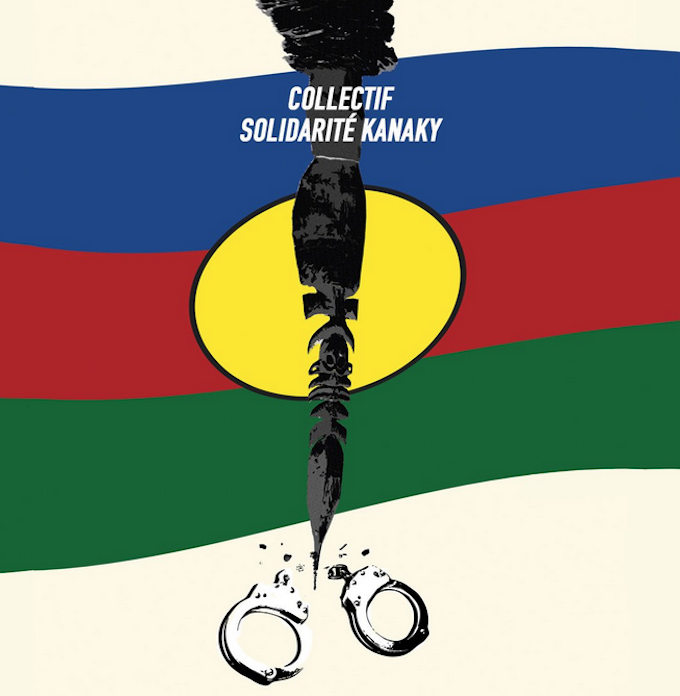





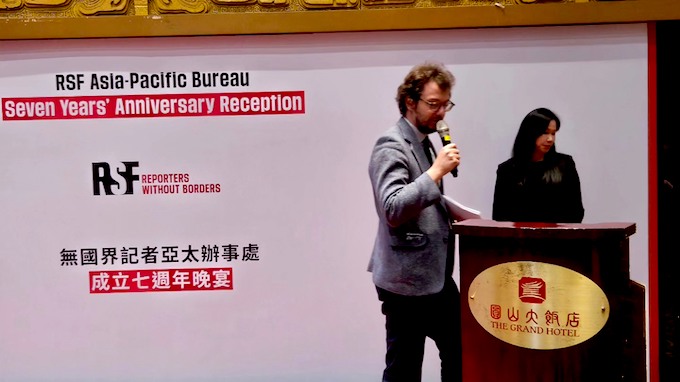
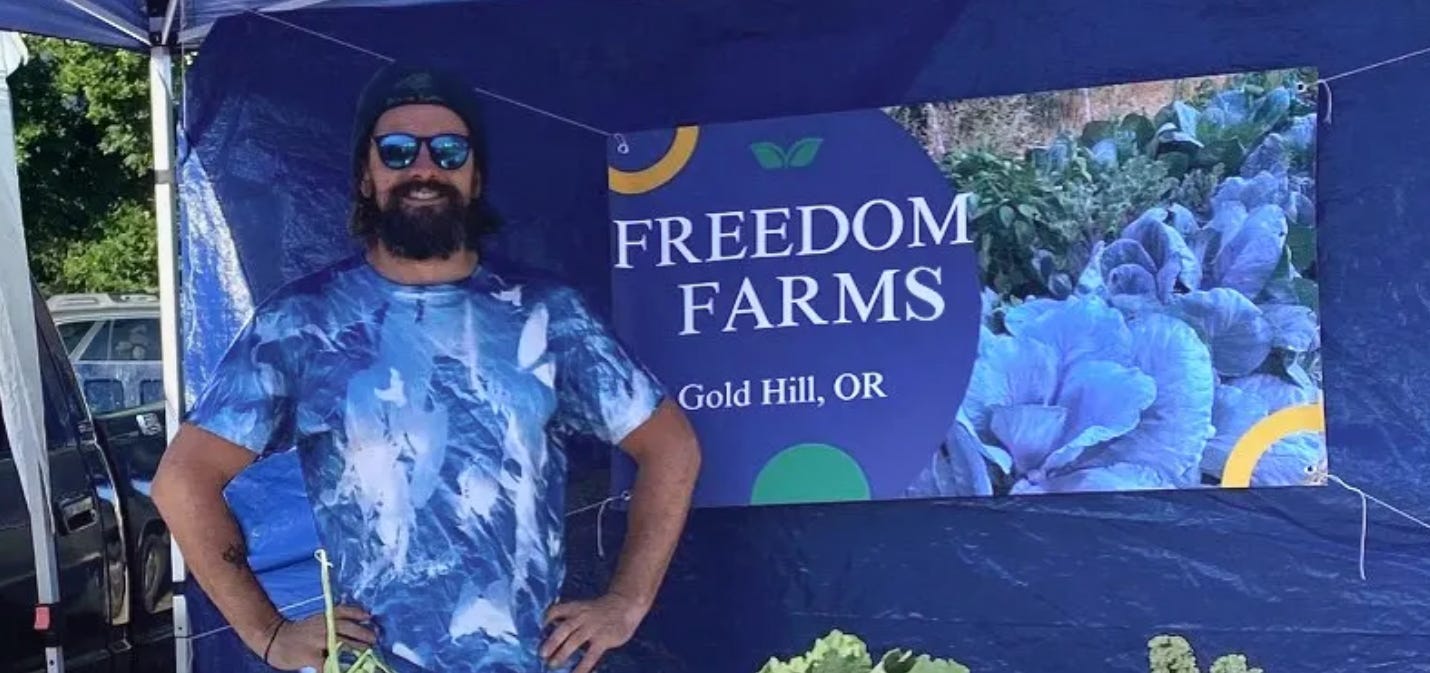




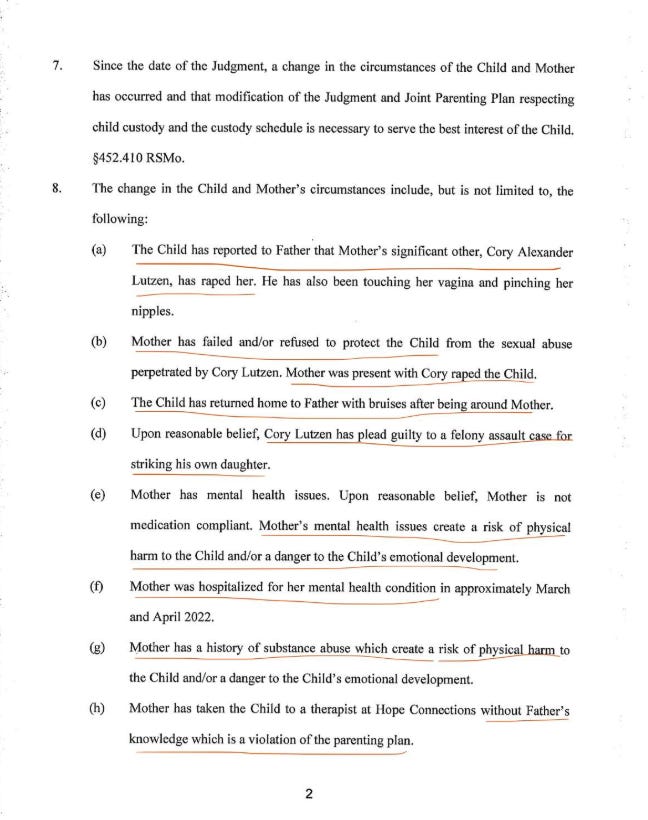

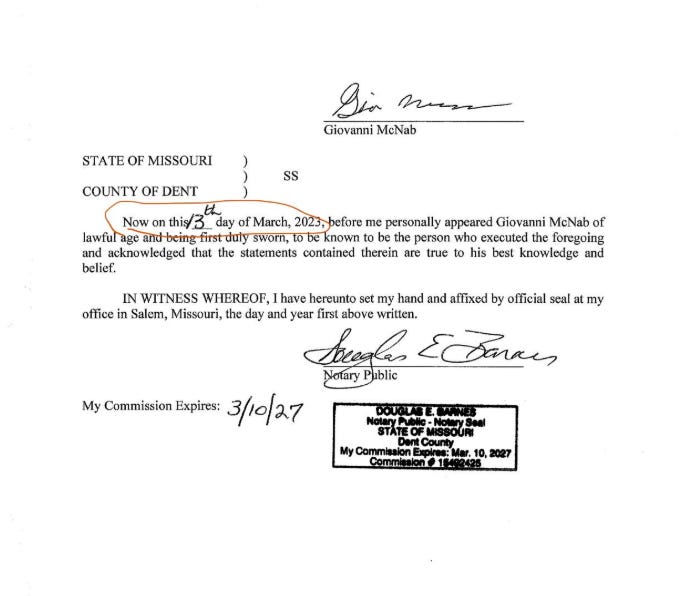 Look, listen to the show above. And, yes, this involves a minor, a child (three others), and the widow Lindsey has gone through several circles of hell — the husband’s ex-wife’s choice of boyfriends, the child’s rape by that boyfriend, the entire issue of parenting plans and children held as pawns sometimes. The criminal injustice system, social services, case workers, CASA, and the Kafka-esque levels of paperwork and bureaucratic rape this capitalism unleashes upon us.
Look, listen to the show above. And, yes, this involves a minor, a child (three others), and the widow Lindsey has gone through several circles of hell — the husband’s ex-wife’s choice of boyfriends, the child’s rape by that boyfriend, the entire issue of parenting plans and children held as pawns sometimes. The criminal injustice system, social services, case workers, CASA, and the Kafka-esque levels of paperwork and bureaucratic rape this capitalism unleashes upon us.

